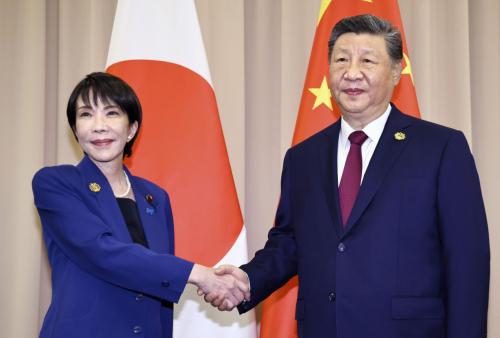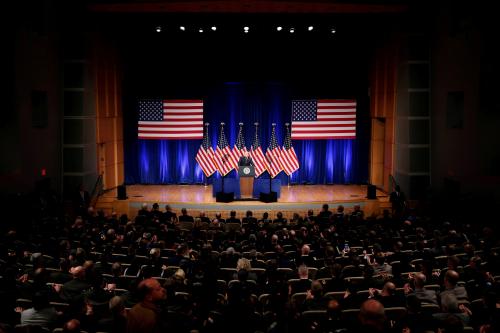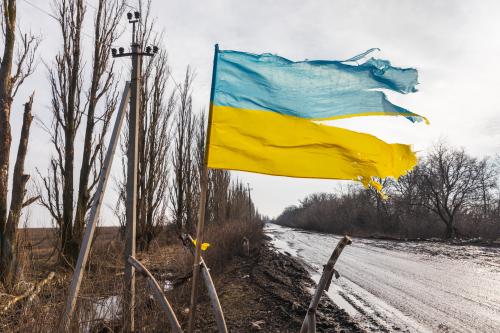The U.S. and Pakistan are fundamentally at odds over the future of Afghanistan. Washington and Islamabad back opposite sides in the war and want different outcomes. This despite a new civilian government in Islamabad and a somewhat new counter terrorism policy in Washington.
For twenty years Pakistan’s army–the real power broker in the country–has backed the Afghan Taliban. It helped create the Taliban’s Islamic Emirate in the 1990s and build the al Qaeda state within a state. The army has provided safe haven, arms, expertise and other help to the Taliban. It briefly pretended to abandon the Taliban to avoid American anger in 2001 misleading George Bush. By 2004 under the leadership of its then spy chief and today top general, Ashfaq Kayani, Pakistan’s intelligence service, the ISI, was deeply engaged in helping the Taliban again. It still is. The senior Taliban leadership including Mullah Omar are protected by the ISI in Quetta and Karachi.
The army is confident America will sooner rather than later abandon Kabul just as it did in the 1990s. Pakistan’s generals make their country’s Afghan policy. Nawaz Sharif told me that in 1998 when I first meet him. The elected civilians just go along for the ride or get assassinated like Benazir Bhutto. Nawaz once said if he crossed the ISI-Army-Taliban axis, America would next find his successor to be a bearded jihadist in a uniform.
This May Sharif was elected on a platform that promised an end to the drone war and a political solution to the threat posed by Pakistan’s internal Taliban movement. The drones instead killed a prominent Pakistan Taliban leader (involved in killing seven CIA officers in 2009) last week, prompting the Pakistani Taliban to renounce any political process with Sharif. It has been a rocky start to America’s relationship to Sharif’s third term as Prime Minister.
As America draws down in Afghanistan, India will inevitably play a larger role there. It already is constructing Afghan-Iran-India transportation links designed to isolate Pakistan. Indo-Pakistani rivalry in Afghanistan will make the post 2014 subcontinent even more dangerous. Pakistan will draw on the aid of its allies, China and Saudi Arabia. Sharif wants to reduce tensions with India and improve trade to help Pakistan’s weak economy. Kayani has already warned him to go very slowly with India.
At home Sharif faces huge challenges, including an energy crisis, rising sectarian violence and slow growth. The army top command turns over this year which is always a delicate time for Pakistani politics. Who succeeds Kayani will be hugely important to Pakistan’s future.
This year’s U.S. Islamic World Forum presents a timely opportunity to hear Pakistani voices discuss their nation’s future. Pakistanis are angry at America so the voices in Doha will be passionate. President Karzai will provide his thoughts on Pakistan and its new leadership. It promises to be intriguing.
The Brookings Institution is committed to quality, independence, and impact.
We are supported by a diverse array of funders. In line with our values and policies, each Brookings publication represents the sole views of its author(s).



Commentary
U.S.-Pakistan Relationship and the Future of Afghanistan
June 5, 2013